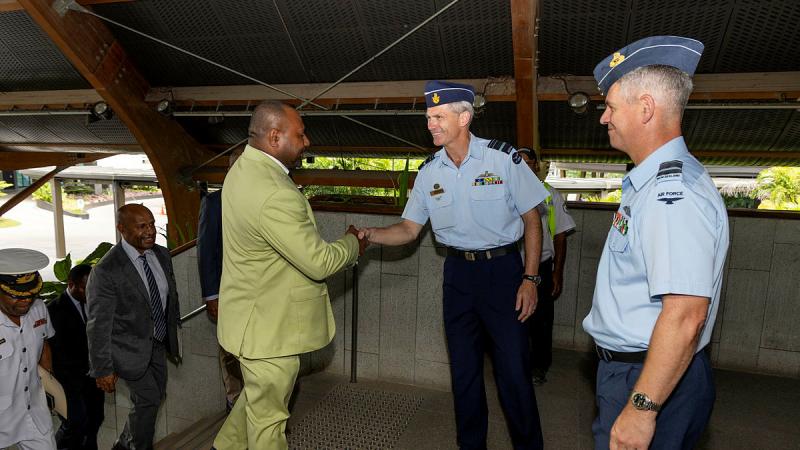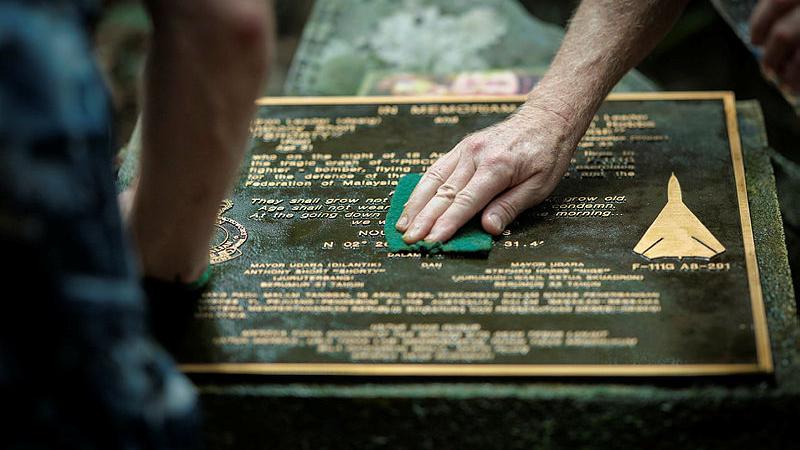A new project, jointly funded by ACIAR and Canada’s International Development Research Centre (IDRC), seeks to reduce food loss in the catfish value chain in the Mekong River Basin.
Catfish-both farmed and wild caught-are an important source of dietary protein and essential nutrients in Vietnam, Cambodia and Laos.
The farming of the Pangasius genus of large shark catfish, native to fresh water in South and South-East Asia, is also an import source of income for smallholder farmers in the Mekong River Basin.
ACIAR Special Advisor, Commercial Adoption and Engagement, Mr Howard Hall, said reducing food loss and waste along the catfish value chain will benefit farmers, private firms in the catfish chain, the local economies in Cambodia, Laos and Vietnam, and ultimately the consumers in the region.
‘We’re excited to invest in this project to build capacity and understanding and investigate possible interventions that would improve chain efficiency and decrease food loss and waste,’ said Mr Hall.
Dr Van Kien Nguyen, of the Health and Agricultural Policy Research Institute (HAPRI) at the University of Economics Ho Chi Minh City, is leading the project.
He said many issues-including fluctuating commodity prices, upstream dam construction, climate change and COVID-19-affect the availability of catfish for local consumers.
The project, which will run for three years, will evaluate food loss and waste in the value chain of catfish in each country and propose possible interventions.
‘In Year 1, our team will conduct surveys, narrative analysis and mapping pathways, training on value chain data collection and analysis in the Mekong region as well as keeping diaries and records,’ said Dr Nguyen.
‘We will also engage with stakeholders and committed agribusinesses.
‘The economic team will analyse and economically evaluate food loss and waste, and the effectiveness of interventions to prevent or reduce losses and waste.’
The project team will also run value chain and foresight training workshops in Year 1. This will be followed in Years 2 and 3 by related capacity building activities and intense mentoring for stakeholders.
The team will then test selected solutions.
Dr Nguyen said the project was an exciting opportunity for cross-learning and capacity building.
‘This project involves a diverse and multidisciplinary team over multiple countries, with different cultures, environments and different levels of catfish production and trade.’
He said the project targeted under-researched food losses, which could have enormous benefits including on livelihoods for stakeholders in the value chain.
‘The foresighting activities, combined with a focus on gender and value chain analysis will help us to understand the loss status, and predict future scenarios under the pressure of food insecurity, and environmental, social and political changes.’
This project is part of the ACIAR-IDRC Food Loss Research Program, which will work with partners in developing countries to address food loss through innovative, locally driven solutions.
The 3-year project is expected to run through to June 2026. Learn more via the ACIAR website.

About ACIAR
The Australian Centre for International Agricultural Research (ACIAR) is the Australian Government’s specialist agricultural research-for-development agency within the Australian aid program. The purpose of ACIAR is to contribute to reducing poverty and improving the livelihoods of many in the Indo-Pacific region through more productive and sustainable agriculture emerging from collaborative international research.
About IDRC
As part of Canada’s foreign affairs and development efforts, IDRC champions and funds research and innovation within and alongside developing regions to drive global change. IDRC invests in high quality-research in developing countries, shares knowledge with researchers and policymakers for greater uptake and use, and mobilises its global alliances to build a more sustainable and inclusive world.
ACIAR and IDRC have been successfully collaborating to invest and support international agricultural research for development since 2013.








